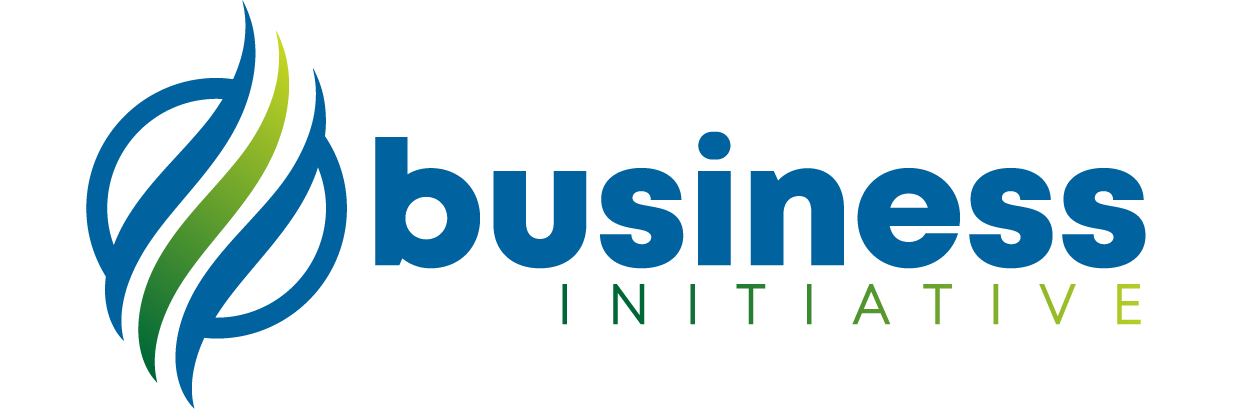Starting a limited liability company (LLC) is an exciting step for entrepreneurs, but finding the necessary funding can be a challenge. For LLC owners, understanding the different financing options available is essential to making informed decisions.
In this comprehensive guide, we’ll discuss the pros and cons of bootstrapping, loans, grants, crowdfunding, and equity financing, with real-life examples and case studies to illustrate each option.
Additionally, there are practical tips for choosing the best financing option, and share advice on preparing a compelling pitch.
Let’s get that bread!
Bootstrapping
Bootstrapping is a self-sustaining process of starting and growing a business without external funding. This approach involves using personal savings, revenue generated by the business, and other available resources to finance the operations.
Bootstrapping can be a cost-effective and low-risk way to start and grow a Limited Liability Company (LLC).
By bootstrapping, entrepreneurs can maintain control over their business and avoid the potential drawbacks of taking on debt or giving up equity to investors.
However, bootstrapping also requires careful financial planning, resourcefulness, and a willingness to make sacrifices in the short term to achieve long-term success.
Some common strategies for bootstrapping include minimizing expenses, leveraging existing networks and resources, and focusing on generating revenue from the start.
While bootstrapping may not be suitable for every business, it can be a viable option for entrepreneurs who are willing to work hard, be creative, and think outside the box.
Pros:
- Retain full control over your business
- No interest or repayment obligations
- Use personal resources and networks to your advantage
Cons:
- Limited funds may slow business growth
- Personal financial risk
MailChimp, an email marketing platform, was founded in 2001 by Ben Chestnut and Dan Kurzius. The company was fully bootstrapped, never raising any outside capital, and grew to become a billion-dollar company.
Loans
Loans are a common source of funding for businesses of all sizes.
Traditional bank loans are a popular option, but they often require a lengthy application process and collateral.
Alternative online lenders have emerged as a convenient and accessible option for businesses that need quick access to funds. These lenders offer a variety of loan types, including term loans, lines of credit, and invoice financing.
However, it’s important for businesses to carefully consider the terms and fees associated with each loan option before making a decision.
Additionally, businesses should ensure that they have a solid plan for repaying the loan in a timely manner to avoid damaging their credit and financial standing.
Pros:
- Larger amounts of funding available
- Predictable repayment terms and interest rates
Cons:
- Requires good credit history
- Collateral may be necessary
Starbucks is a well-known example of a company that received a loan to expand. In 1986, Howard Schultz, then-CEO, secured a $400,000 loan from a local bank to open new stores.
Grants
Grants are a form of financial assistance that does not require repayment. They are typically provided by organizations or governments to support specific business activities or industries.
Grants can be used for a variety of purposes, such as research and development, marketing, and expansion. They can also be targeted towards specific groups, such as women-owned businesses or minority entrepreneurs. I
n order to receive a grant, businesses typically need to submit a proposal outlining their plans for the funds and demonstrating their ability to effectively utilize them.
The application process can be competitive, and grant recipients are often required to report on their progress and outcomes.
Overall, grants can be a valuable source of funding for businesses looking to grow and innovate.
Pros:
- No repayment or interest obligations
- Can provide significant funding
Cons:
- Highly competitive application process
- Specific eligibility requirements
In 2009, Tesla Motors received a $465 million loan from the US Department of Energy’s Advanced Technology Vehicles Manufacturing program. This grant helped Tesla develop its first electric car, the Model S.
Crowdfunding
Crowdfunding is a method of fundraising that involves soliciting small contributions from a large number of individuals, typically through an online platform.
This approach is often used by entrepreneurs, artists, and other creative professionals who are seeking to finance a project or venture.
Crowdfunding campaigns can take many forms, ranging from donation-based models where contributors receive no tangible benefits, to reward-based models where contributors receive a product or service in exchange for their support.
Some crowdfunding platforms also allow for equity-based crowdfunding, where investors receive a share of the company in exchange for their contribution.
Crowdfunding has become an increasingly popular way for individuals and organizations to raise funds, as it allows them to tap into a large pool of potential supporters and bypass traditional funding channels.
Pros:
- Can generate buzz and publicity for your business
- No repayment or interest obligations
Cons:
- Success depends on the ability to market your campaign
- Platforms often charge fees
Oculus Rift, a virtual reality headset, raised over $2.4 million on Kickstarter in 2012, which eventually led to the company’s acquisition by Facebook for $2 billion in 2014.
Equity Financing
Equity financing involves selling ownership shares of your business to investors in exchange for capital.
Equity financing is a method of raising capital for a business by selling ownership shares to investors.
In exchange for their investment, investors receive a portion of the ownership of the business and a share in the profits.
This type of financing is often used by startups and small businesses that are unable to secure traditional loans or other forms of financing.
Equity financing can be a good option for businesses that have high growth potential, as investors are often willing to take on more risk in exchange for the potential for high returns.
However, it also means that the business owner will have to share control of the company and may have to give up a portion of the profits.
There are different types of equity financing, including angel investors, venture capitalists, and crowdfunding (see above).
Angel investors are typically wealthy individuals who invest their own money in startups, while venture capitalists are professional investors who manage funds from other investors.
Crowdfunding involves raising small amounts of money from a large number of people through online platforms.
Overall, equity financing can be a valuable tool for businesses looking to raise capital, but it is important to carefully consider the potential drawbacks and to choose the right type of financing for your business.
Pros:
- Can provide significant funding
- No repayment or interest obligations
Cons:
- Dilutes ownership and control
- May require a longer-term commitment to investors
Google raised $25 million in its first round of equity financing in 1999 from venture capitalists Sequoia Capital and Kleiner Perkins.
6 Steps to Preparing the Perfect Pitch
Preparing a pitch can be a daunting task, but it’s crucial to secure funding for your LLC. Here are the steps you should follow to prepare an effective pitch:
1. Identify your audience: Before preparing your pitch, research who will be listening to it. This will help you tailor your message and presentation style to their interests and preferences.
2. Develop a clear business plan: Your pitch should start with a clear and concise summary of your business plan. This should include information about what your LLC does, how it generates revenue, and its growth potential.
3. Highlight market opportunity: Investors want to know that there is significant market opportunity for their investment. Be sure to highlight the size of the market, any trends or gaps in the industry that your LLC can fill, and how your product or service is unique compared to competitors.
4. Provide financial projections: Investors need hard data before making investment decisions. Be sure to provide realistic financial projections that demonstrate how you plan on generating revenue over time.
5. Showcase team experience: Investors want to see that you have a skilled and experienced team behind your LLC. Highlight the key members of your team and their relevant experience in the industry.
6. Practice delivery: A compelling pitch requires excellent delivery skills. Practice delivering your pitch in front of friends or colleagues who can provide feedback on how you come across.
By following these steps, you’ll be well on your way towards securing funding for your LLC!
In Summary…
Securing funding for your LLC is essential to its success. By understanding the various financing options available, you can make an informed decision that best suits your business’s needs.
Don’t be afraid to explore every avenue, and remember to prepare a compelling pitch that showcases the potential of your LLC.
Ready to take your business to the next level?
Start exploring your funding options today!
Don’t let funding obstacles hold you back…
Schedule a consultation call with Business Initiative today to discover the best financing options for your LLC and secure the resources you need to thrive.
Start your journey to success now!
Have any questions about raising funds or prepping a clean sales pitch for your brand?
You can reach out here or send us a direct message @BisInitiative on X


